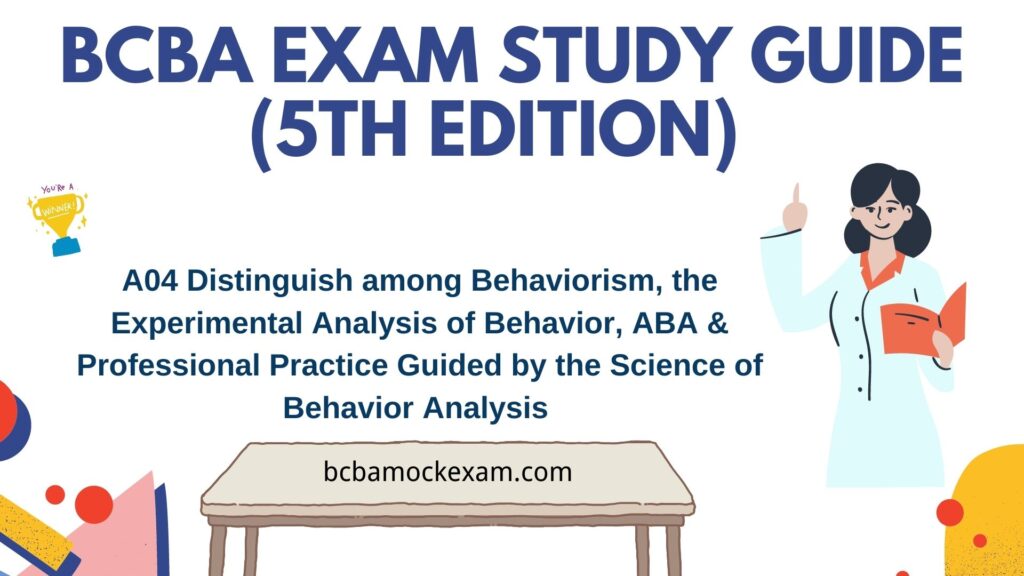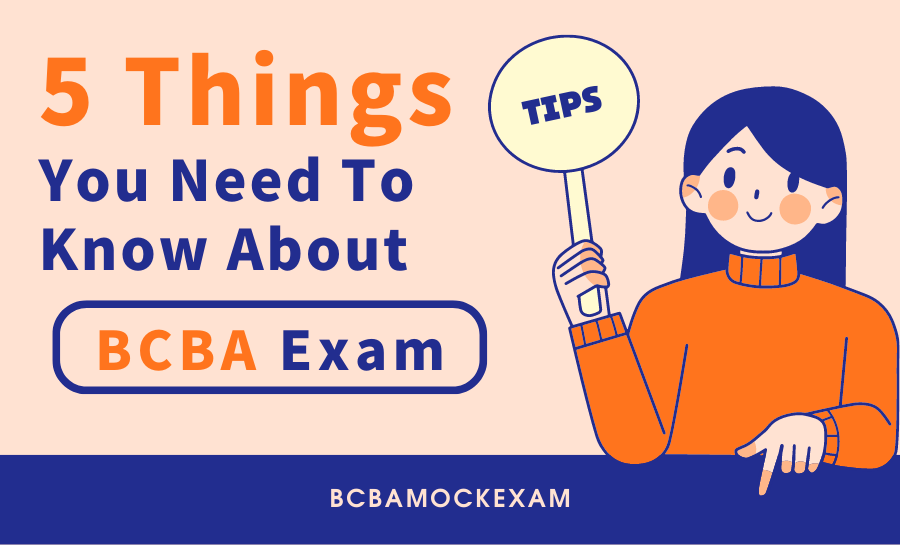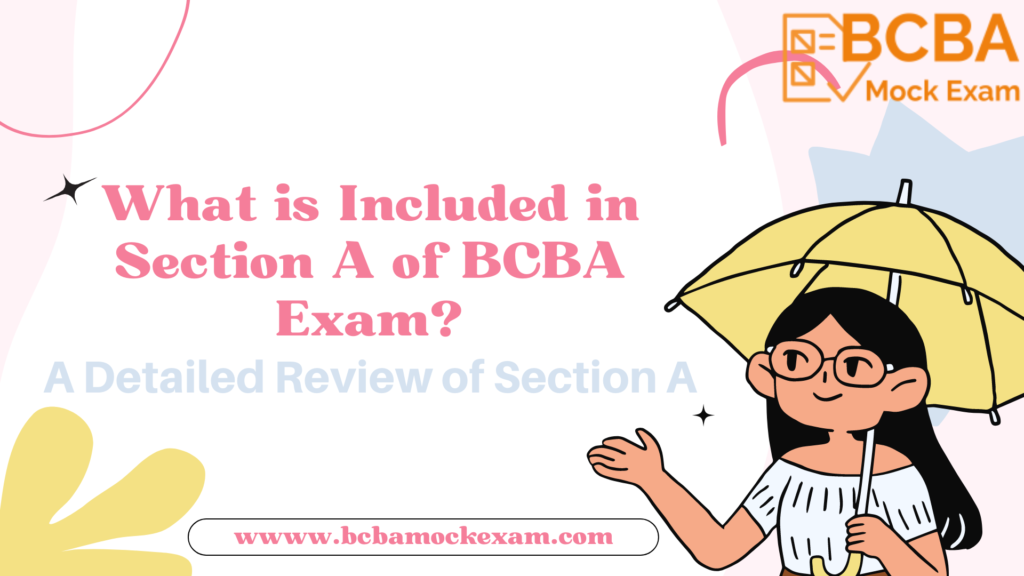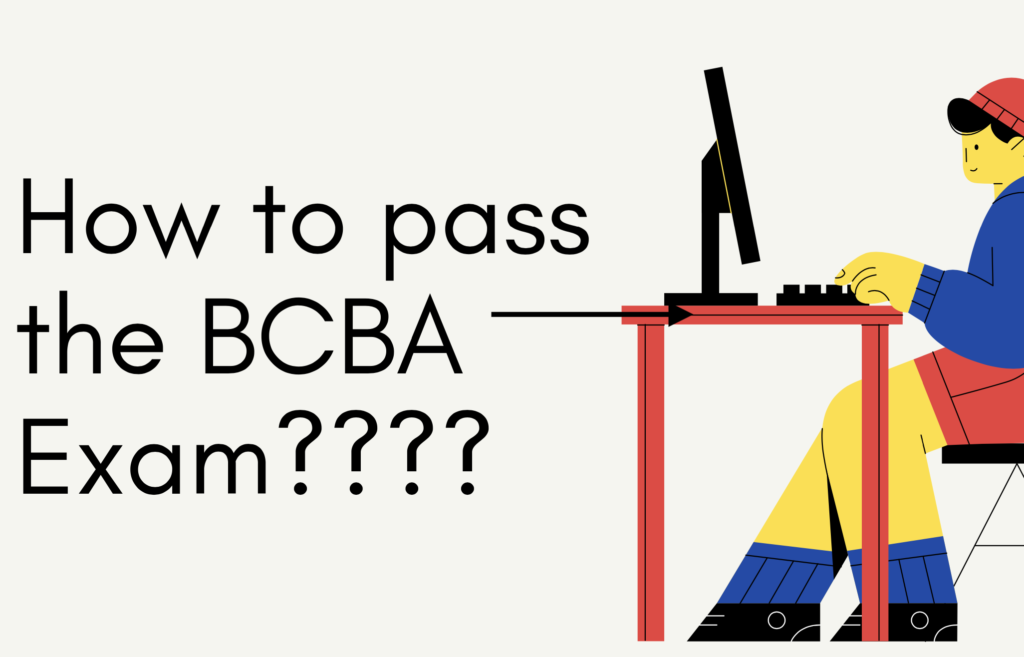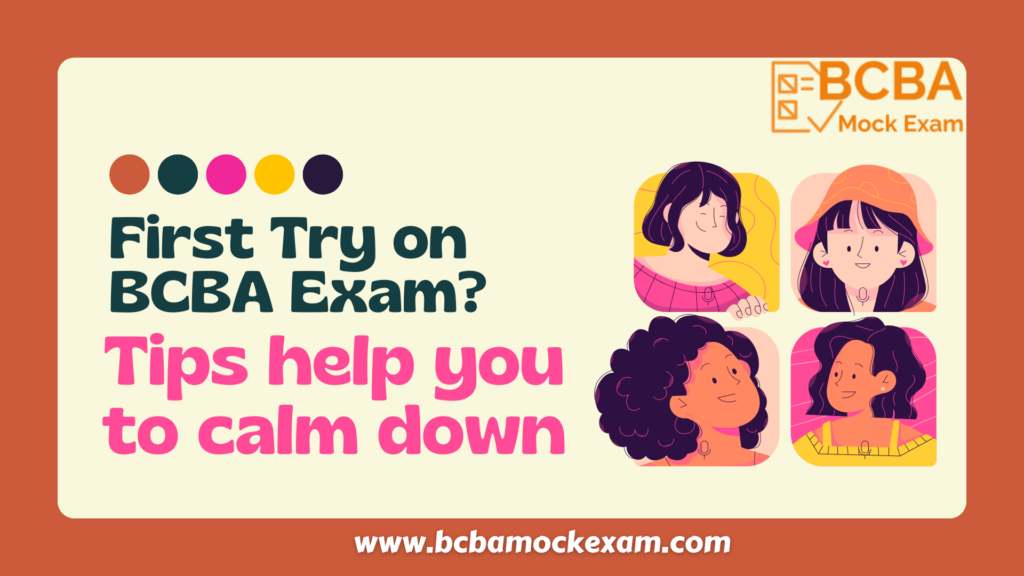— Part 4 of Philosophical Underpinnings of Behavior Analysis
1. Behaviorism: It’s the guiding philosophy of behavior science. It focuses on the idea that behavior is a result of interactions between individuals and the environment.
- Behaviorism assumes that behavior is either a reflex evoked by the pairing of certain antecedent stimuli in the environment, or a consequence of that individual’s history, including especially reinforcement and punishment contingencies, together with the individual’s current motivational state and controlling stimuli.
- A case example: The client didn’t tantrum because they were ‘mad’. The tantrum was a result of environmental/individual interaction.
2. Experimental analysis of behavior: It is the study of behavior principals to be later used outside of the experimental setting, representing a school of thought in psychology based upon radical behaviorism that calls for inductive, data-driven approaches to establishing functional relations between antecedents and behaviors.
- Example: You work in a lab with rats, and you do operant behavior research on the rats. But you don’t apply that outside your lab.
[Note: It is not applied research.]
3. Applied behavior analysis: It refers to applying behavior principles to research in offices, clinics, schools, etc. on human subjects.
- In other words, applied behavior analysis is a scientific approach to understanding behavior, representing a set of principles that focus on how behaviors change, or are affected by the environment, as well as how learning takes place. The term behavior refers to skills and actions needed to talk, play and live.
- Example: You are studying the effects of punishments on your RBTs.
4. Professional practice guided by the science of behavior analysis: It indicates the delivery of interventions to consumers that are guided by the principles of behaviorism and the research of both the experimental analysis of behavior and applied behavior analysis.
- Example: All the actual interventions taking place in the real world are effectively professional practice guided by the science of behavior analysis.
We hope that this blog helps with your preparation leading up to the exam. If you wish to know more about real exam questions and have a go at mock exams, please visit our website www.bcbamockexam.com or visit our YouTube channel BCBA Mock Exam – YouTube for more information.

